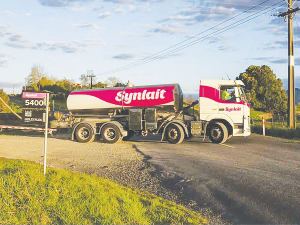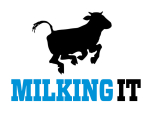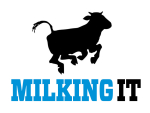Synlait's share price plunged 20c after a2 Milk trimmed its full-year earnings guidance 20% to between $1.2 billion and $1.25 billion.
a2 expects underlying profit margin to fall from between 24 and 26% to between 11% and 12%.
It is also writing down the value of between $80m and $90m worth of stock.
Synlait's fortunes are closely tied to a2 Milk, which owns 19.8% of the milk processor and is its biggest customer for packaged infant formula and base powder.
In a trading update this month, a2 Milk says steps taken to improve profitability through the Daigou and e-commerce channels had been ineffective.
The Daigou channel is an unofficial trade route whereby Chinese students and tourists snap up large amounts of A2 branded products to then on-sell them in China.
The company was battered by the Covid-19 pandemic as it wrestled with the effects of closed borders, declining infant births in China and excess supply of its premium infant formula brand. All of which, combined to curb demand for its products throughout the pandemic and led to multiple earnings downgrades.
Delivering its half-year results, six weeks ago, Synlait chairman Graeme Milne says the revised demand forecast received from its cornerstone customer and shareholder a2 Milk Company was "significant and sudden".
The knock-on effects of this demand-change continue to play out in real time: Synlait's sales of consumer packaged infant formula fall 16% to 18,085 MT and infant formula base powder production dropped 61%.
Milne says it continues to take a conservative view on the recovery.
However, there's no end to a2 Milk woes. Its share price shed $1.39/share and slumped to a new three-year low last week. The company has had a wild ride on the sharemarket. It was once NZ's largest dairy company, with a market capitalisation of $9 billion. It is now valued at $4.6b.











